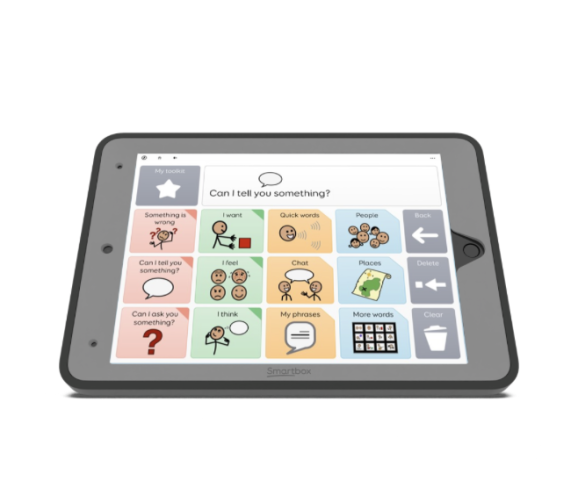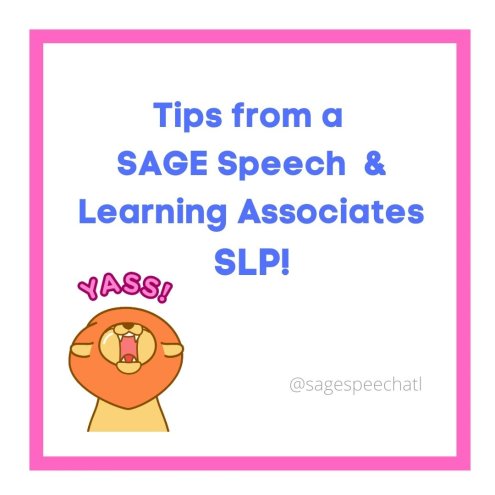Speech Therapy in Atlanta, Sandy Springs and Dunwoody , GA. Speak to a Pediatric Speech Therapist Now
Speech Therapy in Atlanta, Sandy Springs and Dunwoody , GA. Speak to a Pediatric Speech Therapist Now
At SAGE Speech & Learning Associates, we believe that early intervention is key when it comes to speech and language development, especially with stuttering. Identifying and treating stuttering in preschool years significantly increases the likelihood of successful intervention, setting children on the path to clear communication and increased confidence.
Stuttering typically begins between the ages of 2.5 and 6. Early detection is crucial because the earlier the intervention, the better the chances of reducing or even eliminating stuttering. When untreated during the preschool years, stuttering can become more ingrained and harder to manage, possibly leading to lifetime challenges with communication.
There are some natural speech patterns that children may experience as they learn to communicate, while others may signal a need for further evaluation. Here's how to differentiate:
SAGE Speech & Learning is the ONLY practice in Georgia that is trained and certified to provide the Lidcombe Program for stuttering. Stuttering therapy in Atlanta is scarce, and much…
A compassionate and enthusiastic person who provides one-on-one help in the classroom for a child with diverse needs. A facilitator's goal is for their student to be successful in the…
Speech therapy is the evaluation and treatment of communication and swallowing disorders. Speech and language development usually follows a typical pattern in children. If you have concerns about your child's…
SAGE Speech & Learning strives to provide each family with a welcoming and knowledgeable team of specialists, each uniquely equipped to address the needs of your child. We refer to…
While typical stuttering usually resolves on its own, atypical patterns are an important sign that the child may need professional assessment. If you notice any of the above symptoms in a child, refer for an assessment just in case. Early identification and intervention can make a world of difference in a child's communication development.
If you have concerns or would like more information on stuttering and fluency, don't hesitate to reach out to us atSAGE Speech & Learning Associates. We're here to help!
Contact Us: Saren Schapiro, M.Sc., CCC-SLP
Email: Saren@sagespeech.com
Phone: 404-245-7981
Early intervention can change the trajectory of a child's communication skills"”let's work together to give them the best start possible.

At SAGE Speech & Learning Associates, we know that the best care for our clients comes from a collaborative approach. This…
Read More
At SAGE Speech & Learning Associates, we believe that early intervention is key when it comes to speech and language development,…
Read More
At SAGE Speech & Learning Associates, we are committed to providing personalized and specialized care for every child we serve. We…
Read More
Exploring the Benefits of Speech Generating Devices in Speech Therapy: Insights…
Read More
Has your school considered engaging SAGE Speech & Learning Associates? At SAGE Speech & Learning Associates, we recognize the vital role…
Read More
Fingers crossed, but it seems it that 2021 is shaping up to be a much better school year than 2020. We…
Read More
A Letter From Founder Saren Schapiro M.Sc., CCC-SLP Dear Colleagues, As the year rounds into the second quarter, I am touching…
Read More
Hello Clients and Friends, I want to thank you for being a part of our team in 2020. To have made…
Read More
Discuss with the child out loud/verbally what's coming next--"First we do this, then this, then this, then done/lunch/play/etc" Bundle-up…
Read More
This is a question we never imagined we would have to answer. SAGE Speech & Learning has pivoted to teletherapy services…
Read More